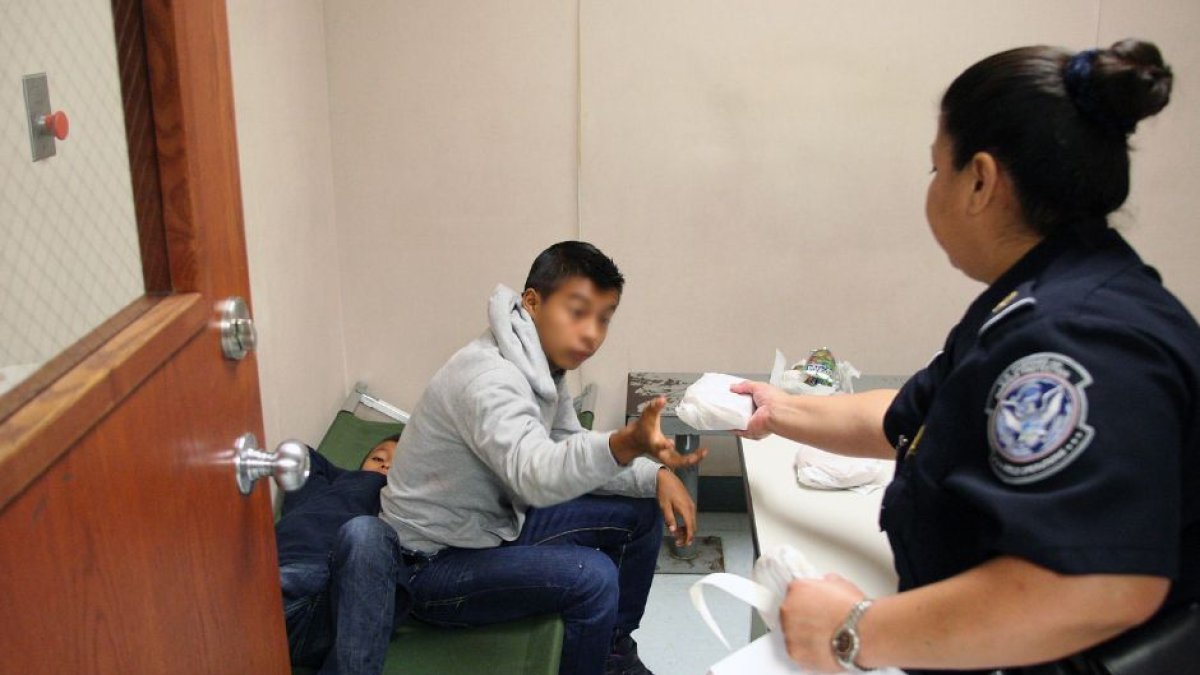Biden administration does not run background checks on employees who care for unaccompanied migrant children
According to a public report, some workers in the Office of Refugee Resettlement have allegedly committed crimes that would prevent them from working with children.

(U.S. Customs and Border Protection / Flickr)
A new report was published that sheds light on the Biden administration's mismanagement of the southern border. The Office of Inspector General (OIG) of the Department of Health and Human Services (HHS) denounced shortcomings at the Office of Refugee Resettlement (ORR), which is in charge of unaccompanied migrant children entering the United States from Mexico. In 2022, there were around 150,000 encounters with children trying to enter the country unaccompanied by their parents or legal guardians.
After background checks on 259 federal employees at 11 juvenile facilities and 30 transporters linked to an ORR contractor, the IGO published a report titled "The Office of Refugee Resettlement Needs to Improve Its Practices for Background Checks During Influxes." In the report, it was found that the ORR did not "conduct or document all required background checks or did not conduct them in a timely manner" for several of its employees. In fact, the report detailed that some of these workers had committed offenses that "may have made the employee unsuitable to work with children in a child care setting."
The OIG stated that background checks are mandatory and "are a critical component of the screening process for employees who work with children."
ORR also "did not require the transportation services contractor we reviewed to conduct background checks on employees as required by ORR minimum standards." In its report, the OIG said the ORR "was not consistent with issuing waivers for FBI fingerprint checks and [child abuse and neglect] checks for employees at EISs and may not have needed to issue waivers for both of these checks at the three [emergency intake sites]. " It further noted that "public records checks used by [emergency intake sites] may not have been reliable and a few [emergency intake sites] did not ensure secure facility access."

























